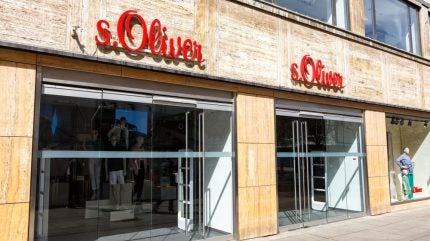
Selected products for sale on the S. Oliver site offer the tracing function, sharing information including any certifications and proof of sustainable materials for each garment.
Traceable items include S. Oliver’s ‘empowering farmers collection’ which includes garments made using organic cotton from India. Farmers producing cotton for the products were guaranteed purchase quantities from the retailer.
Other traceable products include the 360° denim capsule, which S. Oliver claims has been “optimised for recyclability” and made using at least 20% recycled cotton. The denim was also treated using innovative finishing processes to conserve resources.
S. Oliver plans to extend the traceability function to other collections. It also said the claims made have been verified by third parties.
Sabrina Müller, head of sustainability at S. Oliver Group, commented: “We want to make sustainability tangible and perceptible for our customers. This includes providing credible proof of sustainability statements through transparency and traceability. In this way, we are helping to enable and promote more responsible consumption and more conscious purchasing decisions.
“Transparency is a fundamental driver of improvement for the S. Oliver Group. The verified disclosure of supply chain and sustainability information for selected products is an important step and is to be successively expanded to other products and supply chains.”

US Tariffs are shifting - will you react or anticipate?
Don’t let policy changes catch you off guard. Stay proactive with real-time data and expert analysis.
By GlobalDataIn 2023, S. Oliver Group announced plans to sell organic cotton garments made from its first directly traceable supply chain from 2024 thanks to its empowering farmers programme.
The retailer has also previously established a closed material cycle where used polybags are collected and made into new ones.



